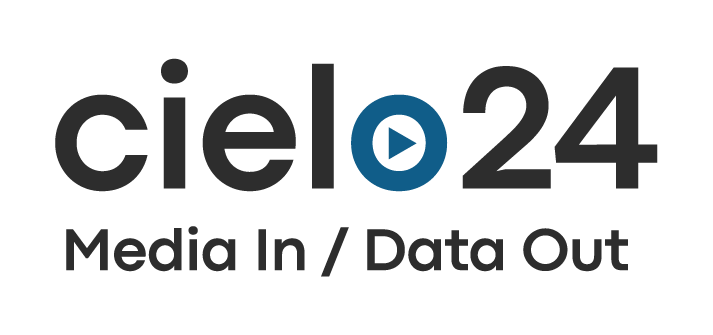
A new chapter begins!
We’re excited to share that cielo24 has been acquired by Rev.
We believe they are the right partner to build on what we’ve created and to continue supporting your needs in the future. From all of us at cielo24, thank you for being part of our journey.
For information regarding your account, contact us at: [email protected] or contact Rev at: [email protected]